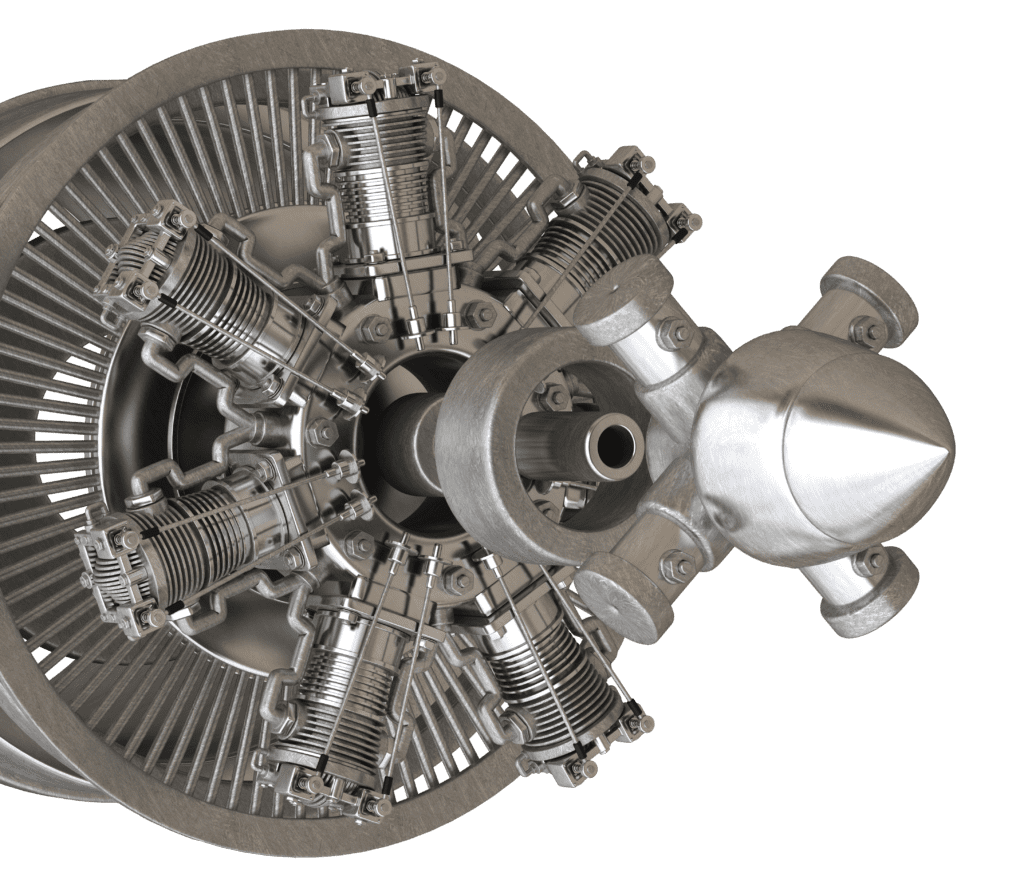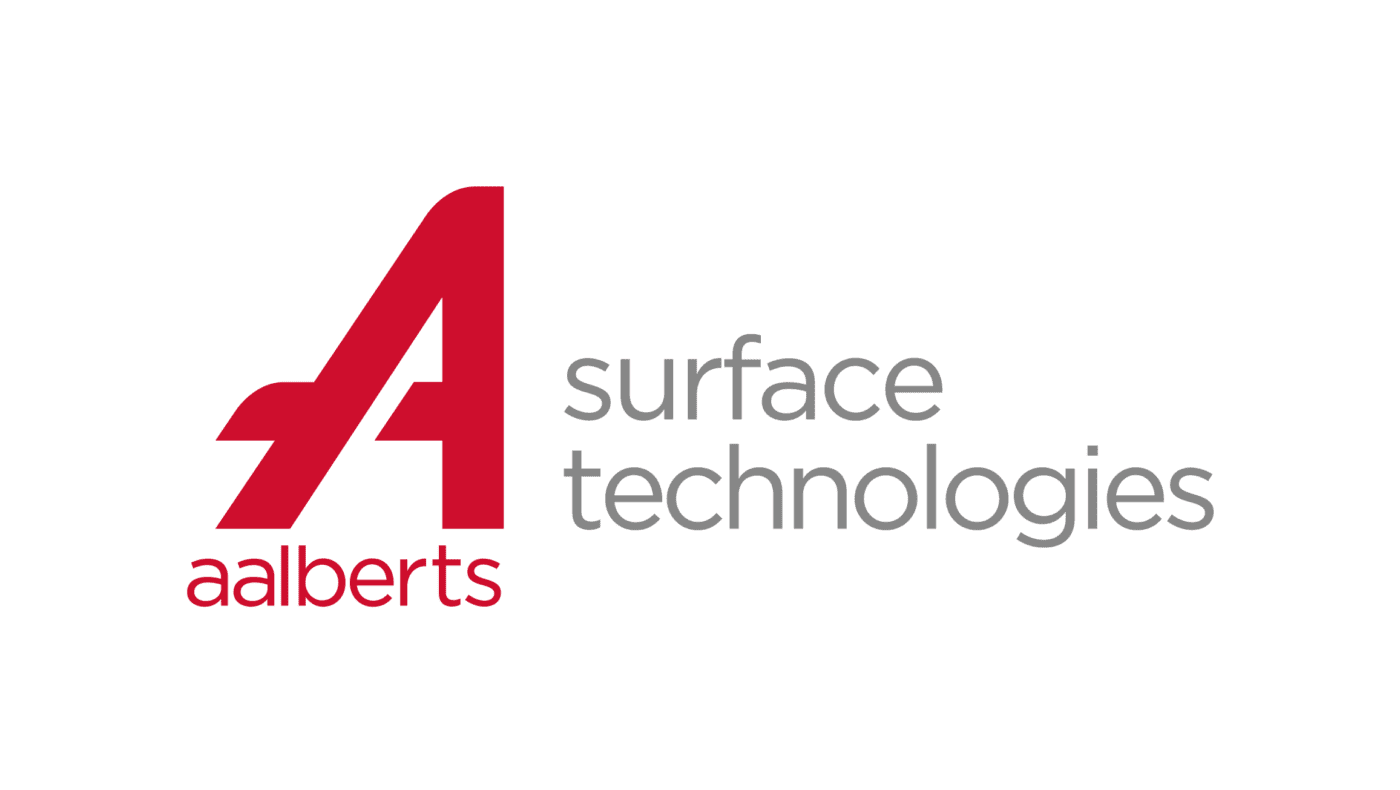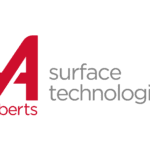Metal treatment solutions for your most challenging products.

Why Choose Aalberts surface technologies?
Technical Expertise
Rely on technical expertise from our on-staff metallurgists and technical advisors.
Customer Journey
Receive a formal quote within 48 hours that leads to a high-quality heat treat and successful product launch.
Risk Management
Backup capabilities across multiple facilities protects our customers when the unexpected happens.
Optimize Supply Base
Manage all the heat treating services you need in one place.
Technical Expertise
Rely on technical expertise from our on-staff metallurgists and technical advisors.
Customer Journey
Receive a formal quote within 48 hours that leads to a high-quality heat treat and successful product launch.
Risk-Management
Backup capabilities across multiple facilities protects our customers when the unexpected happens.
Optimize Supply Base
Manage all the heat treating services you need in one place.
An Innovative Product. A High-Quality Process.
It’s time for an innovative product that sets you apart from the competition. A longer-lasting alternative to chrome, NitroSteel® is a ferritic nitrocarburized steel bar that is wear-resistant and corrosion-resistant. NitroSteel® is a superior product that provides outstanding durability and the production process leaves no hazardous byproducts in our facility or yours.
Industries We Serve
Our engineers offer experience and insights across a broad range of industries, including:
Our Locations
Livonia, MI
Arkansas
Fort Smith
Indiana
North Vernon
Wabash
Michigan
Lansing - Mt Hope
Lansing - Bassett St
Livonia
Saginaw
Ohio
Canton
Defiance – Plant 1
Defiance – Plant 2
Wadsworth
South Carolina
Greenville
Wisconsin
Oshkosh
Pleasant Prairie

































